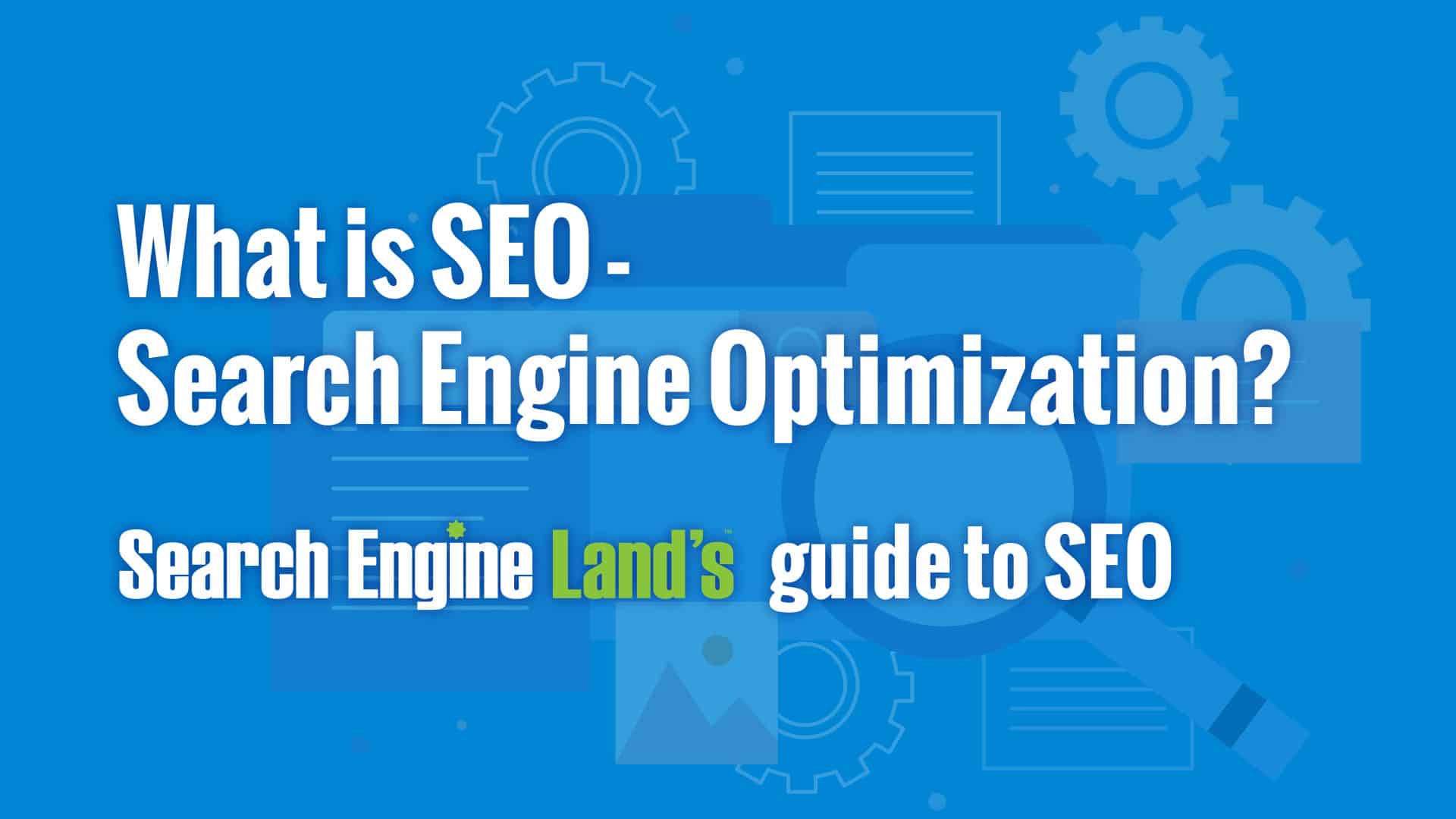How do you know if you need a local ai seo strategy? The critical word in this question is “local.” Do you own a business that draws in customers from zero to 15 miles away? Would potential customers looking for your products and services drive up to ten minutes to get to your business? If you can answer yes to these questions, chances are you need to manage your local SEO strategy.
Local SEO involves optimizing your online presence to attract business from local searches on Google and other search engines. According to Hubspot’s local SEO statistics, 46% of all Google searchers are looking for local information. And 72% of consumers who searched for a local product or service using local SEO near me searches visited a store within five miles.
So, does local SEO work? It sure did if you were one of those businesses. Are you wondering where to start? To illustrate the benefits of focusing on local SEO, we’ve put together a list of five reasons why it’s essential for your business success.
Remember the good old days when you scoured the yellow pages to find businesses offering the products and services you needed? Today, all you do is type the product or service you’re looking for into a search engine on your laptop, desktop, or mobile device. The businesses that provide those products or services will pop up. And, if you type “near me,” it’ll show you everything close enough to drive to from your current location.
Pretty slick. Those local SEO “near me” searches save you time. Just choose what you like, pull up the map and directions, and you’re good to go. If you look at those results carefully, you’ll see they’re populated by online business directories, much like the yellow pages of bygone days.
When you compare local SEO vs. organic SEO, both are still important. You want a content marketing strategy that helps your pages rank in search engine results for specific keywords and keyword phrases (the goal of organic SEO strategies). But local SEO is critical for businesses that serve a localized community. It’s somewhat less important for global companies that draw customers from all over.
You must list your business name, address, and phone number accurately and consistently across the top-ranked local citations and business directories. That information is referred to as your NAP Data (name, address, phone). A search engine bot is more likely include your business in the search engine results pages (SERPs) if it’s confident that your information is consistent and accurate.
That seems fair. Do you think you might get frustrated if Google sent you to a business that isn’t there or gave you a phone number that’s no longer in service? Search engines want to find this basic information about your business in numerous places throughout the internet.
When they find that information in several places-and it’s all consistent and correctthey trust the data. But if Google or Bing, for example, see confusing, inconsistent data, they consider it less valid-less reliable. Therefore, search engines are more likely to bypass you in favor of a business with more consistent NAP Data.
Backlinks, or links pointing to your site from trusted, authoritative websites, play an essential role in SEO. They validate your website’s existence, proving that your site is a viable force in the vast internet universe. Additionally, some directory citation sites add a website URL field to their listings and display these URLs as ‘dofollow’ links. That passes valuable link equity to your site. Search engines use backlinks to determine your domain authority, boosting your SEO (as opposed to ‘nofollow’ links, which are nice but don’t give you any juice).
Want another great way to snag a backlink while doing something else worthwhile to build your business? Join the local chamber of commerce or other business group. Doing this will provide a relevant local link back to your website, and you can network at local events. While you’re at these events, you might pick up some business or even more backlink opportunities.
In addition, if you have vendors or are a product provider, you may want them to link to your website as well (with a dofollow link, of course).
Online business directories take up quite a bit of real estate on search engine results pages (SERPs). As a result, local businesses they list in their directories get top billing on local search queries. If you’re not on those lists…
You need to know how to get your business listed in these local citations business directories because you’ll lose out on valuable business. And what you don’t know online can hurt you.
You might have the best pizza in town, but if the guy across town doesn’t find you when he searches for “pizza near me,” he’s going to go buy his pizza from your competitor. And that brings us to Reason #5.
We’ve touched on relevance and proximity. Now it’s time to talk about prominence: the positive reputation and comments your business enjoys across the internet. How do search engines find this information? Many citations and directories allow customers to post reviews and grade their experiences with local businesses.
If you deliver excellent service, your business will benefit from this added perk. But it’s not enough to get good reviews. You should also respond to them. And, if you get a negative review, don’t sweat it. Just be sure you keep your cool and respond appropriately. Work on resolving the issue as quickly as possible. Even a simple apology is better than no response at all.
